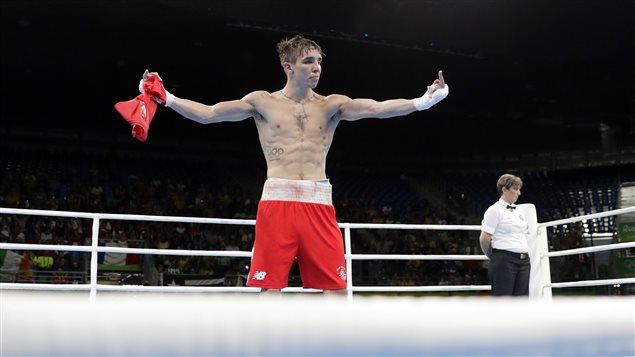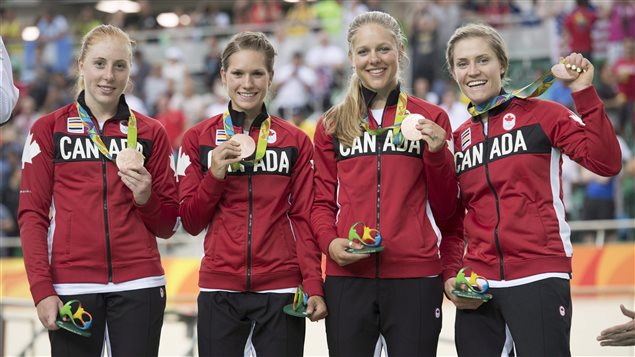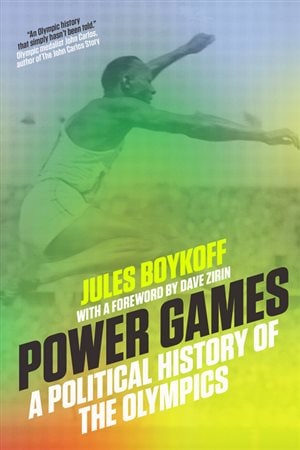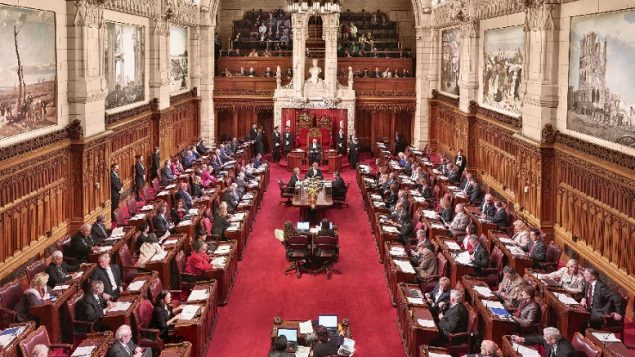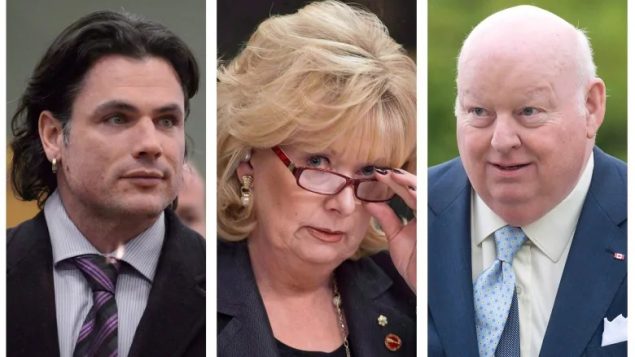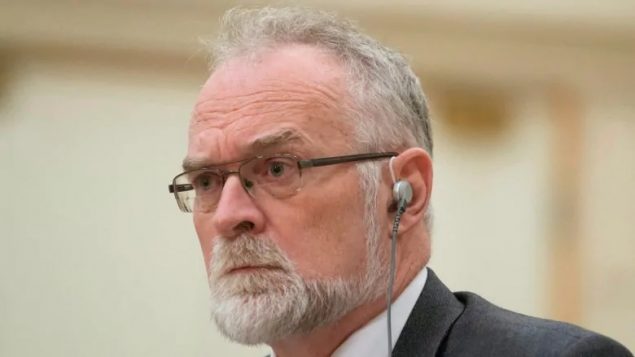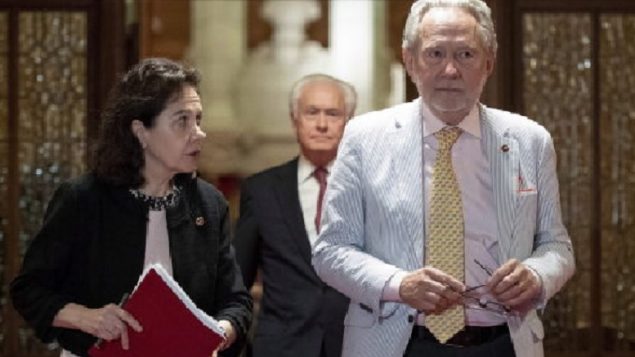Controversy and debate over the Canadian government’s proposed Anti-terrorism Act, 2015, Bill C-51 continues.
A public opinion poll released Thursday (February 19) by the Angus Reid Institute found a majority of Canadians support the legislation.
But an article signed by four former Canadian prime ministers, supported by a number of former Supreme Court of Canada Justices and others in the Globe and Mail newspaper, raised concerns about the proposed new law: “…we all also share the view that the lack of a robust and integrated accountability regime for Canada’s national security agencies makes it difficult to meaningfully assess the efficacy and legality of Canada’s national security activities. This poses serious problems for public safety and for human rights.”
House of Commons debate on second reading of the bill dominated the Commons throughout the day, as well as the Question Period.
The new law would give sweeping powers to the authorities to deal with terrorism, including the right to disrupt security threats, including the commission of illegal acts.
RCI’s Wojtek Gwiazda has a report.
ListenMore information:
Globe and Mail/Four former PMs – A close eye on security makes Canadians safer – here
Angus Reid Institute poll – Bill C-51: Strong support for proposed anti-terror legislation, but additional oversight wanted too – here
Bill C-51, Anti-terrorism Act, 2015 (text) – here
Globe and Mail – Five key questions remain as Ottawa presses ahead with anti-terrorism bill – here
Social Science Research Network – Bill C-51 Backgrounder #2: The Canadian Security Intelligence Service’s Proposed Power to ‘Reduce’ Security Threats Through Conduct that May Violate the Law and Charter – here
VICE – NDP Vows to Fight Anti-Terror Bill as Conservatives Limit Debate – here
